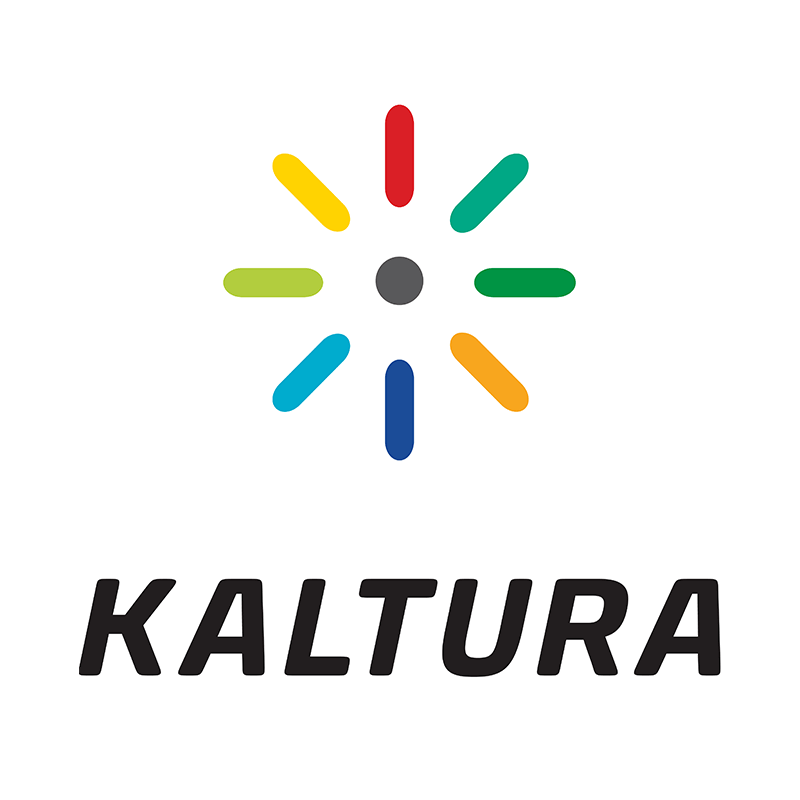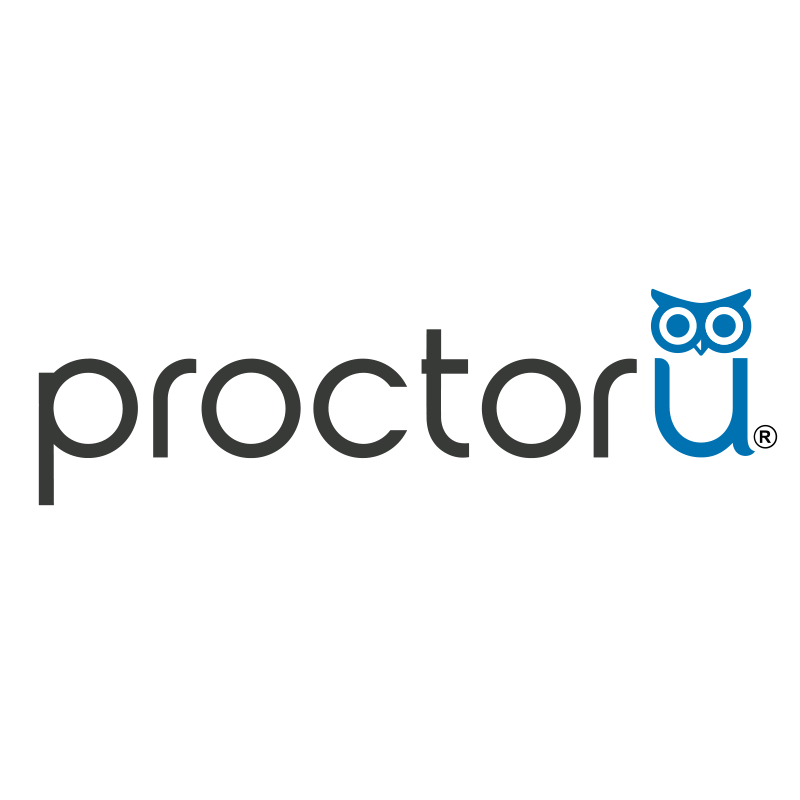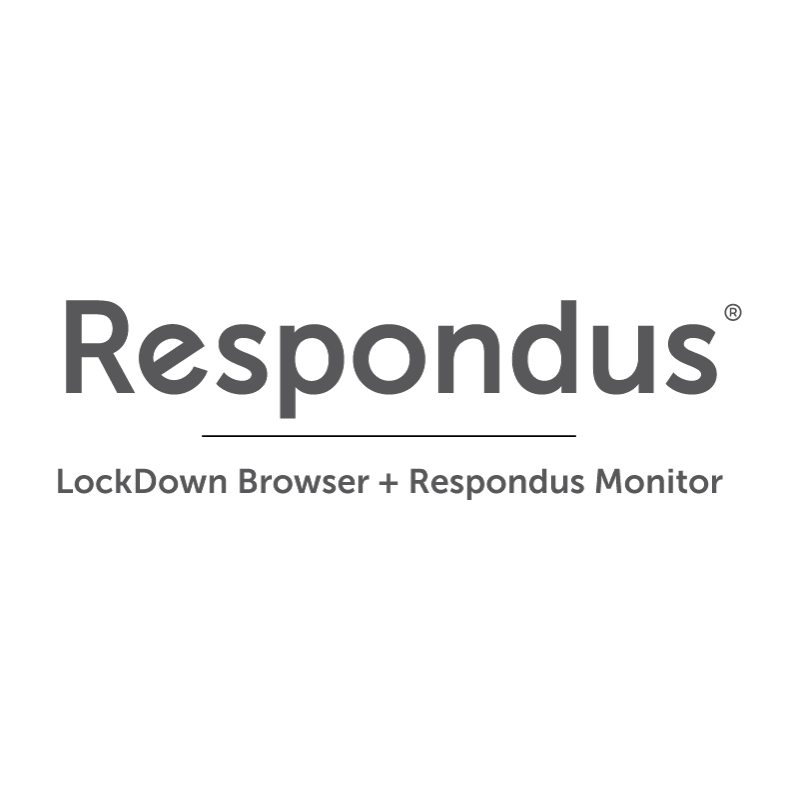Click on each button below to learn about university policies. For additional UAB policies, visit One Stop Student Services: Policies.
 Disability Support Services
Disability Support Services
DSS Accessibility Statement
Accessible Learning
UAB is committed to providing an accessible learning experience for all students. If you are a student with a disability that qualifies under the Americans with Disabilities Act (ADA) and/or Section 504 of the Rehabilitation Act, and you require accommodations, please contact Disability Support Services for information on accommodations, registration and procedures. Requests for reasonable accommodations involve an interactive process and consist of a collaborative effort among the student, DSS, faculty and staff.
If you are registered with Disability Support Services, please contact your instructor to discuss accommodations that may be necessary in this course. If you have a disability but have not contacted Disability Support Services, please call (205) 934-4205 or visit the UAB DSS website or Hill Student Center Suite 409.
Other DSS Resources
DSS Contact Information
- Phone (Voice): (205) 934-4205
- TDD: (205) 934-4248
- Fax: (205) 934-8170
- Email: dss@uab.edu
Examples of qualifying disabilities may include:
- ADHD and Learning Disabilities
- Mobility Impairments
- Sensory Impairments
- Medical Disabilities (migraines, diabetes, etc.)
- Psychiatric Disorders (anxiety, depression, etc.)
- Autism Spectrum Disorders
- Temporary Impairments
 Title IX
Title IX
Read UAB's Title IX Policy for more information. Visit UAB's Title IX website to learn more.
Title IX Contact Information
- Andrea McDew, Ed.D., Assistant Vice President & Senior Title IX Coordinator
- Office: Administration Building 330
- Phone: (205) 996-1340
- Email: amcdew@uab.edu or titleixoffice@uab.edu
 Academic Integrity Code
Academic Integrity Code
The purpose of the Academic Integrity Code is to support our academic mission and to maintain and promote academic integrity. All students in attendance at UAB are expected to pursue all academic endeavors with integrity, honor, and professionalism and to observe standards of conduct appropriate to a community of scholars.
 Academic Policies
Academic Policies
-
Add/Drop
Deadlines for adding, dropping, or withdrawing from a course and for paying tuition are published in the UAB Academic Calendar.
Institutional Refund Policy
Generally, students will not be charged tuition and fees for classes officially dropped prior to the published drop deadline each term. All tuition and fee payments may be refunded for the credit hours and fees associated with each class dropped before or during this period. The deadline for dropping classes without incurring charges is published each term in the UAB Academic Calendar. Any credit balance resulting from a change in course load during the first drop/ add period will be distributed in accordance with the Federal Return of Title IV Funds Policy.
-
Withdrawal
To avoid academic penalty, a student must withdraw from a course by the withdrawal deadline shown in the academic calendar and receive a grade of W (withdrawn). You will still be responsible for payment for the course. The deadline for withdrawing is listed on the UAB Academic Calendar. Failure to attend class does not constitute a formal drop or withdrawal.
-
Policy Catalogs
Undergraduate Course Catalog
Academic policies specific to undergraduate students (Freshman Year Experience, Capstone, Declaring a Major, Enrollment Requirements, Transfer Credits, etc.)
Graduate Catalog
Academic policies specific to graduate students (Graduate Credit, Transfer Credit, Academic Standing, Grade Changes, Ethics, Time Limits, etc.)
Please visit UAB OneStop's policy pages for more details.
-
Grade Forgiveness
Grade Forgiveness is the option by which courses taken at UAB may be repeated at UAB. For undergraduates, the grade may be replaced. Graduate students may apply to have a grade replaced, but it must be approved by the program. Read more about each policy in the links below.
- Undergraduate: Forgiveness Form and Grade Forgiveness Policy
- Graduates: Repeated Courses and Grade Replacement sections in the Graduate Catalog
-
Privacy (FERPA)
The Family Educational Rights and Privacy Act (FERPA) affords students certain rights with respect to their education records. They are*:
- The right to inspect and review student’s education records within 45 days of the day the University receives a request for access.
- The right to request the amendment of the student's education records that the student believes are inaccurate or misleading.
- The right to consent to disclosure of personally identifiable information contained in the student’s education records, except to the extent that FERPA authorizes disclosure without consent.
- The right to file a complaint with the U.S. Department of Education concerning the alleged failures by State University to comply with the requirements of FERPA. The name and address of the Office that administers FERPA is:
Family Policy Compliance Office
U.S. Department of Education
600 Independence Avenue, SW
Washington, DC 20202-4605
*View the full explanation of rights on UAB Student Records Policy.
 Student Conduct Code
Student Conduct Code
The purpose of the University of Alabama at Birmingham (“University”) student conduct process is to support the vision, mission, and shared values of the University and the tenets of the University’s creed, The Blazer Way. Through a student-focused and learning-centered lens, the process strives to uphold individual and community standards; foster an environment of personal accountability for decisions; promote personal growth and development of life skills; and care for the well-being, health, safety, and property of all members of the University community.
The Student Conduct Code (“Code”) describes the standards of behavior for all students and student organizations and outlines students’ rights and the process for adjudicating alleged violations. It is set forth in writing in order to give general notice of non-academic prohibited conduct. The Code should be read broadly and is not designed to define non-academic conduct in exhaustive terms. All students and student organizations are expected to conduct themselves in accordance with the Code. The current version of the Code, which may be revised periodically, is available from the Office of Student Conduct & Outreach or online.
 Student Handbook
Student Handbook
The Student Handbook offers the University community information about a number of resources, services, policies, and procedures.
Students may be required to have specific equipment, software, internet access or digital literacy skills in order to be successful in their coursework. Click the buttons below to learn about each area of technology that may be required. Check your course syllabus or contact your instructor about any specific requirements for your course.
Equipment
Required
Computer
Speakers/Headphones
Possibly Required
Webcam
Microphone
See computer requirements and recommendations specific to your College/School.
Internet Access
Internet Speed
A high-speed internet connection is recommended to ensure that you can access all of the course materials and resources, particularly large file sizes as with streaming video.
A minimum of 512 Kbps (Kilobytes per second) is required to navigate Canvas.
If other technologies are utilized such as streaming video or video conferencing (Zoom, Teams, etc.) 1.5 Mbps (Megabytes per second) or greater is required.
25 Mbps or greater is recommended for for HD video streaming, web browsing, and collaboration.
Web Browsers
It is highly recommended that Google Chrome or Firefox is used to access Canvas and other technologies.
Learning Technology
The technologies listed below are the most common technologies that may be used in your course. Clicking on a learning technology card will open a webpage containing tutorials, technical support information, and accessibility and privacy statements.
For information and guides on more of UAB's learning technologies, visit UAB's Learning Technologies page.
Minimum Technical and Digital Literacy Skills
To be successful in this online course, students should be able to perform the following tasks.
Technical Skills
- Use a keyboard and mouse
- Save, open, edit and locate various file types on your computer (docx, pdf, excel, etc.)
- Open, create, send, and reply to Blazer email using Inbox in Canvas
- Attach/Upload and download various files (docx, pdf, excel, etc.)
- Click on and open hyperlinks
- Navigate the Internet
- Navigate the Canvas course environment
- Download and utilize software and/or plug-ins as specified by your instructor
Digital Literacy Skills
- Use UAB's online library and database resources to conduct research
- Use Microsoft Office 365 to store and retrieve files
- Conduct online searches to locate specific information for academic use
- Properly cite sources
- Communicate research findings in online environments






